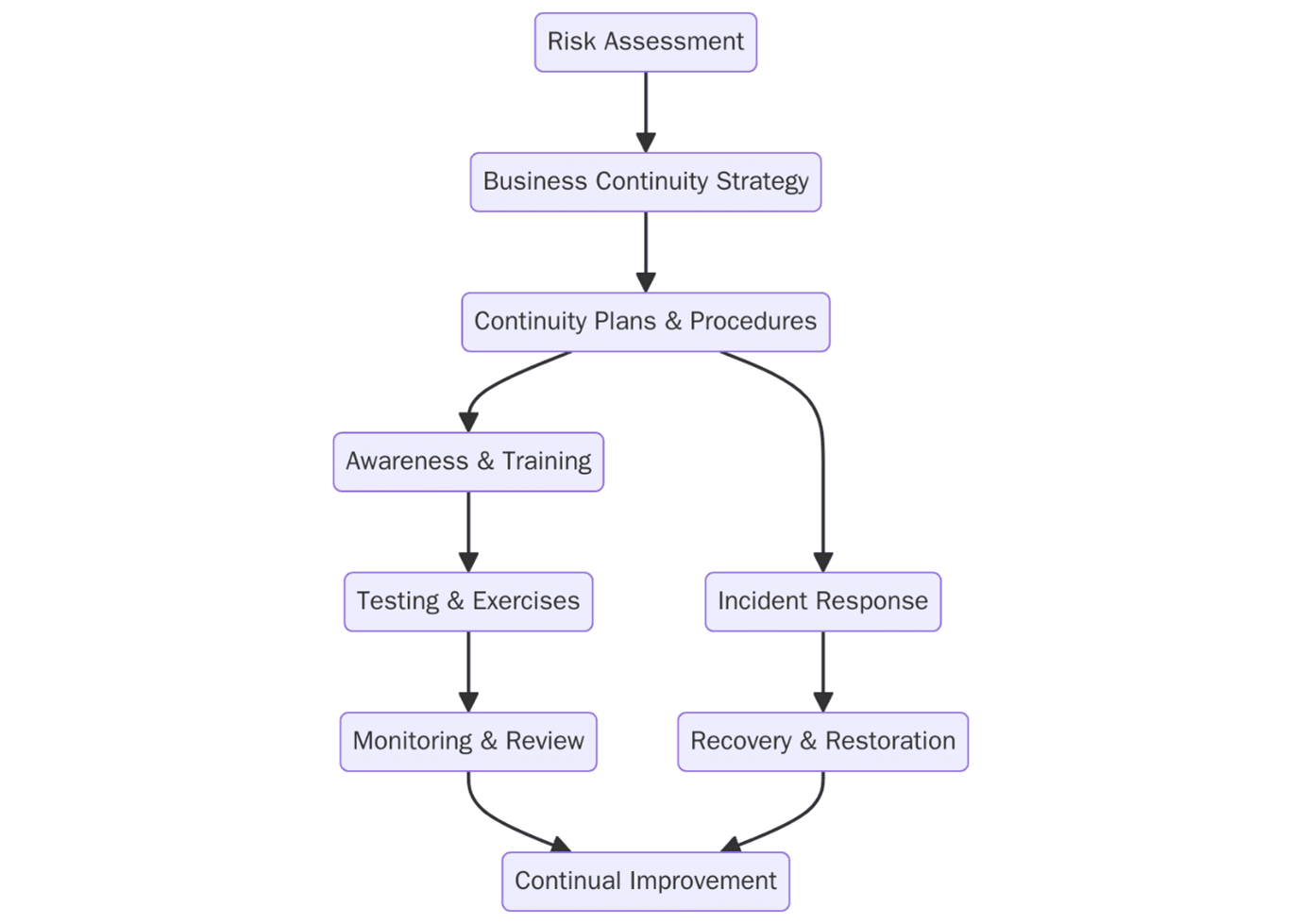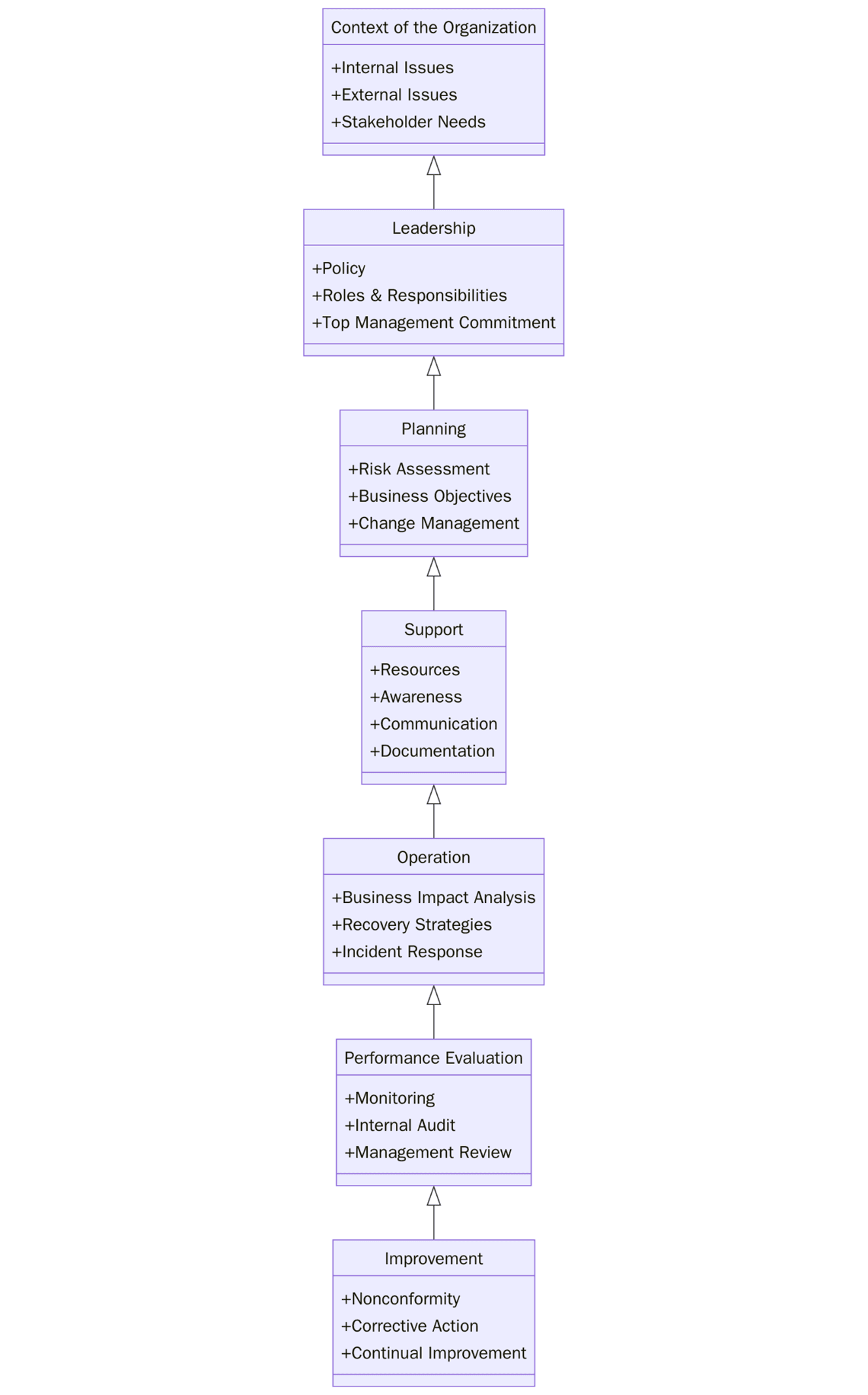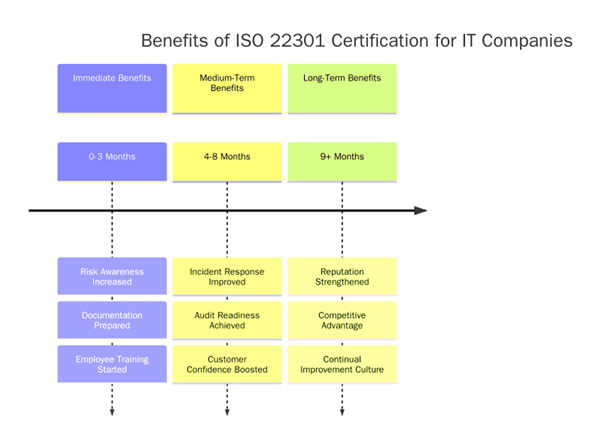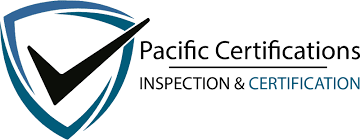How ISO 22301 Certification Helps IT Companies Prepare for Disruptions?

Introduction
In today’s digital economy, IT companies are expected to deliver services without interruption, regardless of cyberattacks, server failures, pandemics or natural disasters. Clients rely on these companies for 24/7 uptime, secure platforms & uninterrupted access to digital infrastructure.
To meet these expectations, many technology-driven organizations in the U.S. are turning to ISO 22301:2019, the international standard for Business Continuity Management Systems (BCMS). This standard provides a framework that enables organizations to identify threats, mitigate risks, and maintain essential services during crises.
Understanding ISO 22301 for the IT Sector
ISO 22301 certification is the globally recognized standard for business continuity, designed to ensure organizations can continue operations during unexpected disruptions. It is especially relevant for IT companies, cloud service providers, SaaS platforms, managed service providers (MSPs), and data centers, all of which must guarantee high availability and resilience.
The standard provides a risk-based approach to business continuity planning, requiring organizations to assess potential threats and establish recovery protocols. Unlike informal or ad-hoc disaster recovery plans, ISO 22301 certification offers a formal and continually improving management system that ensures preparedness and accountability across the entire organization.
If your IT company needs help aligning with ISO 22301 or achieving certification, Pacific Certifications provides full-cycle audit, training, and certification services. Reach us at [email protected] to get started!
ISO 22301 Certification Requirements for IT Companies
To become ISO 22301 certified, an organization must implement a Business Continuity Management System that complies with the standard's requirements. The framework is built on the Plan-Do-Check-Act (PDCA) cycle and integrates seamlessly with other ISO management systems like ISO 27001.
Here are the essential ISO 22301 requirements IT companies need to fulfil:
The organization must define the scope of its BCMS and understand both internal and external factors that could impact operations. A business impact analysis (BIA) and risk assessment must be conducted to identify critical services and the potential consequences of disruption.
Clear business continuity objectives and performance indicators must be set. The company is required to implement documented business continuity plans that include response procedures, recovery strategies, resource allocations, and communication plans.
Senior leadership must demonstrate commitment to business continuity, assign responsibilities, and provide training to relevant personnel. Additionally, the company must regularly conduct internal audits, tests, and exercises to evaluate and improve its BCMS.
The organization must maintain documented evidence including a Business Continuity Policy, Crisis Communication Plan, Incident Response Procedure, and Corrective Actions Logs to support continual improvement and compliance.
To learn how to align your BCMS with these ISO 22301 requirements, contact Pacific Certifications at [email protected].
ISO 22301 Certification Timeline
The timeline for ISO 22301 certification depends on the size of your IT company, your current readiness, and the scope of operations. On average, the entire process—from initial planning to certification takes between 3 to 6 months.
During the first few weeks, a gap analysis is performed to assess your current capabilities against ISO 22301 requirements. Following this, your team will work on building or enhancing your Business Continuity Management System and documenting procedures.
The next phase involves internal audits, staff training, and conducting business continuity exercises. Once you're ready, the certification body will conduct the Stage 1 audit (document review), followed by a Stage 2 audit (implementation review).
If no major nonconformities are found, your organization receives ISO 22301 certification, which is valid for three years and requires annual surveillance audits.
Pacific Certifications provides tailored audit scheduling and implementation support to help IT businesses meet tight certification timelines. To begin your timeline estimation, reach us at [email protected].
Benefits of ISO 22301 Certification for IT Companies
ISO 22301 offers significant strategic benefits to IT and technology-driven businesses.
First, it ensures that your services remain operational even in adverse conditions, thereby protecting client relationships, revenue, and brand trust. With a strong BCMS, your organization can fulfill uptime guarantees, reduce response times during crises, and minimize the impact of incidents on both internal teams and external stakeholders.
Clients, especially in industries like finance, healthcare, and government, now demand ISO 22301 certification from vendors. This makes the certification a powerful market differentiator, helping you stand out in RFPs and competitive bids.
ISO 22301 also supports compliance with data protection and continuity-related regulations such as HIPAA, GDPR, CCPA, and industry-specific standards. Internally, the standard fosters a culture of preparedness, encouraging leadership to adopt a structured approach to risk and resilience.
If you’re looking to protect your IT systems and build operational resilience, we at Pacific Certifications can help you implement ISO 22301 quickly and effectively. Write to us at [email protected].
Business Continuity Is No Longer Optional for IT Firms
In a landscape where digital disruptions can damage both revenue and reputation in minutes, ISO 22301 certification equips IT companies with the confidence, tools, and trust needed to survive and thrive through crises.
Whether you're a managed service provider, cloud infrastructure company, SaaS platform, or cybersecurity firm, aligning with ISO 22301 demonstrates that your company values resilience, reliability, and customer assurance. It helps you build a disaster-ready culture and protects the future of your business.
Pacific Certifications, an accredited ISO certification body, provides end-to-end ISO 22301 audit and certification services across the U.S. and internationally. Let’s secure your business continuity journey—contact our experts today at [email protected]!
To get a custom quote based on your company’s needs, contact Pacific Certifications at [email protected].
Read more: Pacific Blogs
